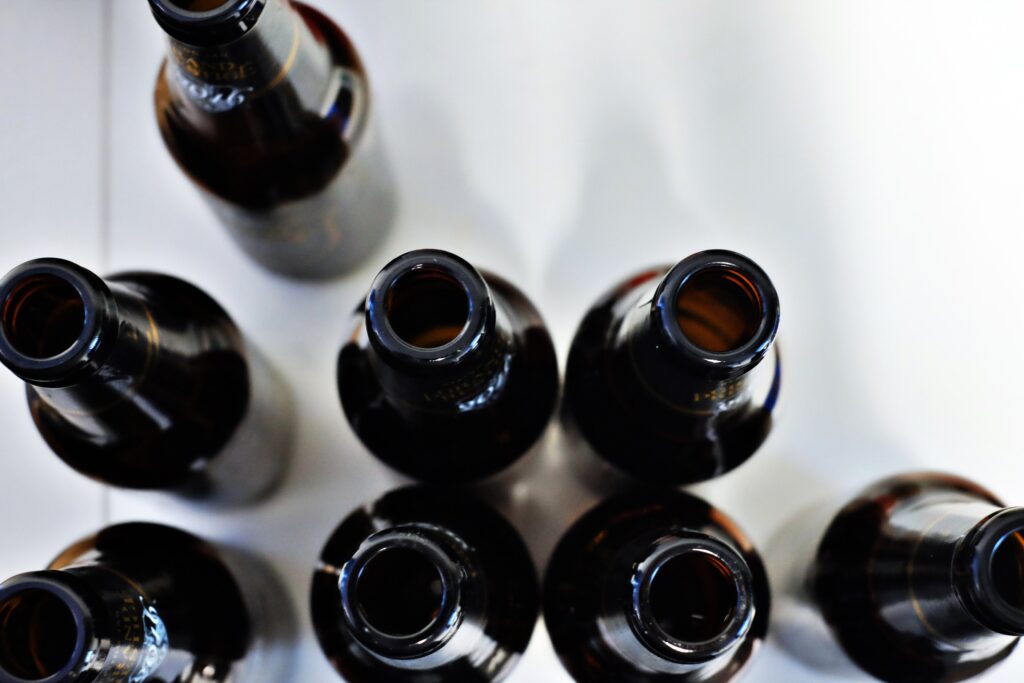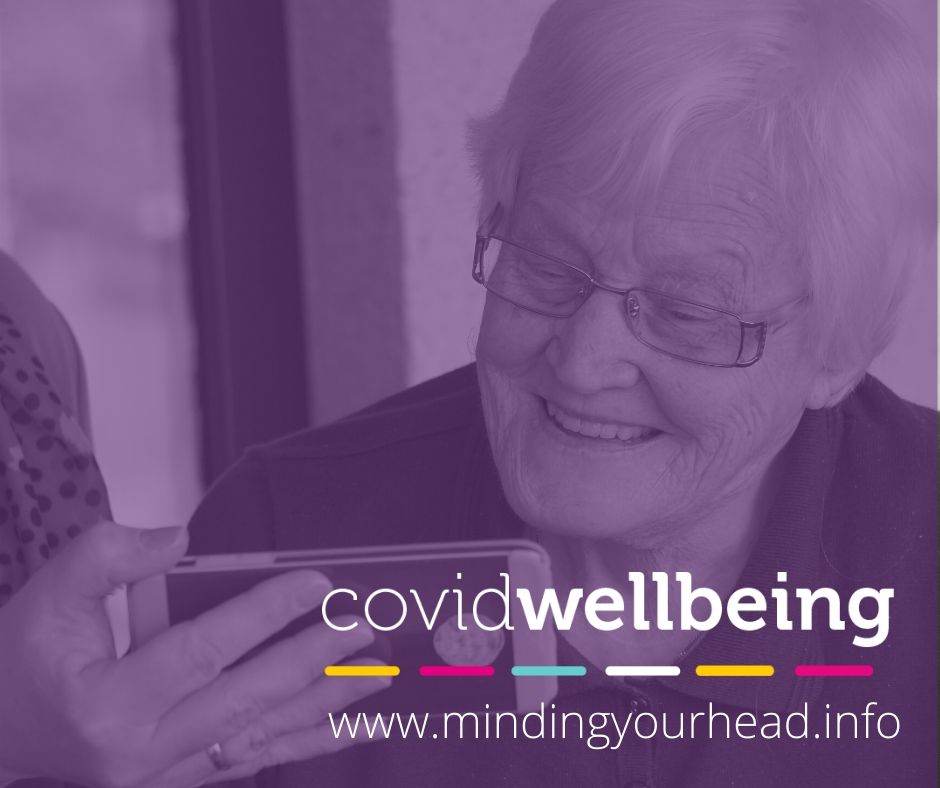As Alcohol Awareness Week continues (running from 16-22 November 2020) we highlight this year’s theme of Alcohol and Mental health. It has been a week of awareness-raising, campaigning for change, and more.

The physical health risks linked to consuming alcohol are well documented, such as a higher incidence of cancer, diabetes and elevated blood pressure. However, alcohol can also have a negative effect on mental health and wellbeing.
Alcohol consumption has increased since COVID-19 lockdown measures were introduced earlier this year. In part, stemming from uncertainty, alcohol is used to stem boredom, to numb anxiety and to facilitate a new home-based social drinking norm.
Self-medicating to help with depression or other mental health issues brings with it the highs and lows, as alcohol initially lifts mood but then decreases lowering mood levels.

The good news is that cutting down on alcohol will improve your sleep and anxiety levels, you’ll feel more relaxed and you’ll save money too.
Rather than turning to alcohol, there are other ways to manage symptoms, such as learning relaxation and controlled breathing techniques to relieve stress and anxiety, and by making time for things that make you feel good in your daily routine to boost your mood and improve your wellbeing.
With one in ten people suffering from a mental health disorder around the world – and one in five in Northern Ireland – the Covid-19 pandemic and new lockdown measures will continue to be a particularly anxious and uncertain time.
Recently, a new wellbeing hub for Northern Ireland launched and is packed full of helpful resources and links to support, the site can be reached by clicking here.

Alcohol and You Self Help Programme
Alcohol, Drugs and Change Self Help Video
A resource for families living with addiction and
problematic substance abuse.
Understanding Alcohol and its Impact
Advice for Family Members affected by someone else’s drinking